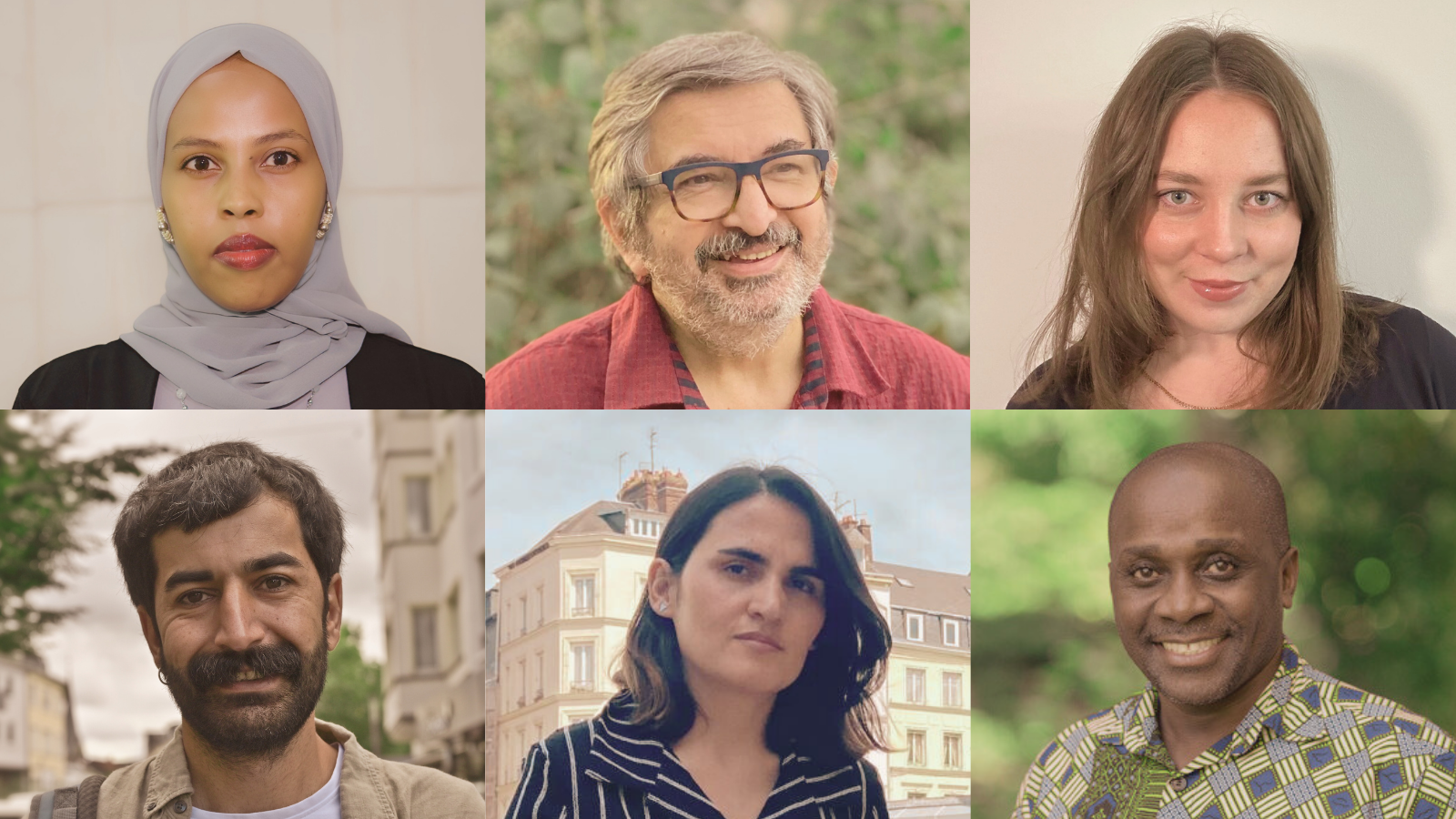Tomorrow marks World Press Freedom Day, a day started in 1993 to remind governments of their duty to protect freedom of the press. This year, the need for this reminder feels more urgent than ever.
In the USA, President Donald Trump has been in office for just over 100 days and already we’ve witnessed attempts to attack independent media and dismantle press freedom. Since the beginning of his second term in office, Index has reported on Trump’s war on truth, on the devastating implications on journalism his cuts to the US Agency for Global Media (USAGM) entities including Voice of America and Radio Free Europe/Radio Liberty (RFE/RL) will have, and how he’s worked to remove critical media from the White House.
Within this context, on World Press Freedom Day, Index has called upon its contributors from around the world, working in countries where they fight for press freedom every day, to reflect on what it means to them and why it is so important we defend it.
SOMALIA
Hinda Abdi Mohamoud, chief editor at Bilan Media
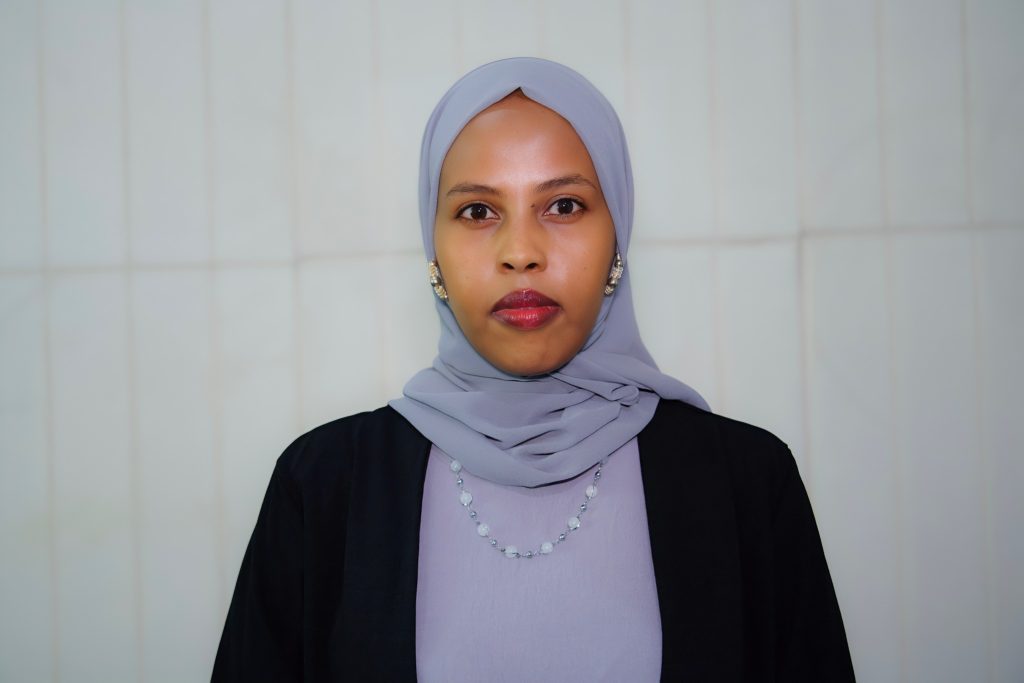
“As a journalist and the chief editor of Bilan Media, the only all-women newsroom in Somalia, I know that press freedom isn’t just important – it’s essential to our survival and our work. In a place where speaking the truth can be dangerous, where women’s voices have long been silenced or sidelined, press freedom is the tool that allows us to challenge injustice, elevate unheard stories, and advocate for real change.
That’s why organisations like Index on Censorship are so vital. They support journalists who risk their safety to ensure the truth is told. They defend journalists’ right to report and protect the public’s right to know.”
TURKEY
Nedim Türfent, journalist
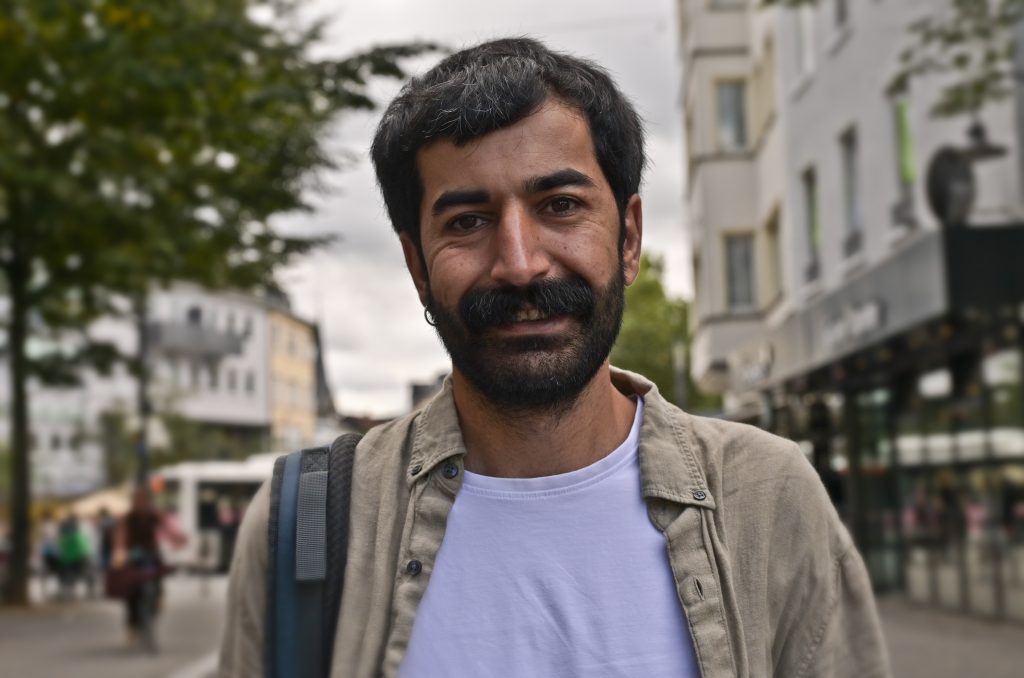
“Freedom of the press is, above all, the first bastion we must defend for the sake of all our other rights and freedoms. Ultimately, in a time and place where the press is not free, it becomes impossible to make our demands for rights visible, known, and heard. If we do not want our rights and freedoms to be dismantled piece by piece, we must be unwavering defenders of press freedom.
The fight for press freedom by international organisations is essential to ensure that the voices of journalists and media outlets facing oppression and persecution anywhere in the world are heard. This cross-border struggle also serves to prevent enemies of press freedom from casually and effortlessly exerting pressure on journalists – as if it were something ordinary. The louder and stronger the voice of international institutions, the more hesitation those enemies will have before violating the rights of journalists.
However, the heavy burden of this struggle should not rest solely on the shoulders of journalists and media organisations. We must remember: when the rights of even a single journalist are violated, the right of thousands of people to access information is also restricted. Shortly, in a world where press and freedom of expression are increasingly eroded, none of our rights or freedoms can be truly guaranteed. It’s that simple.”
AFGHANISTAN
Spozhmai Maani, journalist
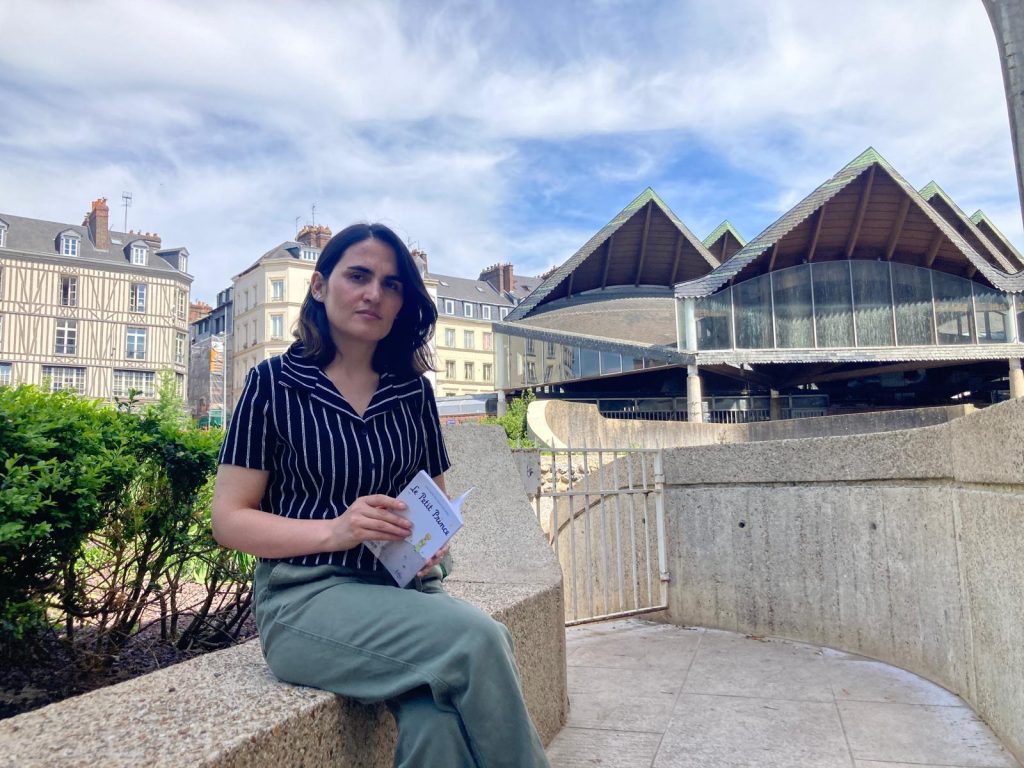
“For me, press freedom is not just a principle, it is a lifeline for truth and justice, especially in places like Afghanistan where silence is often enforced with fear. As a journalist who fled persecution for simply telling the truth, I know firsthand how critical it is to protect the voices that hold power to account. Organisations like Index on Censorship are essential in this fight. They give strength, visibility, and protection to those of us who risk everything to speak out. In a world where even established democracies are seeing press freedom eroded, their work is more urgent than ever.”
INDIA
Salil Tripathi, contributing editor at Index on Censorship
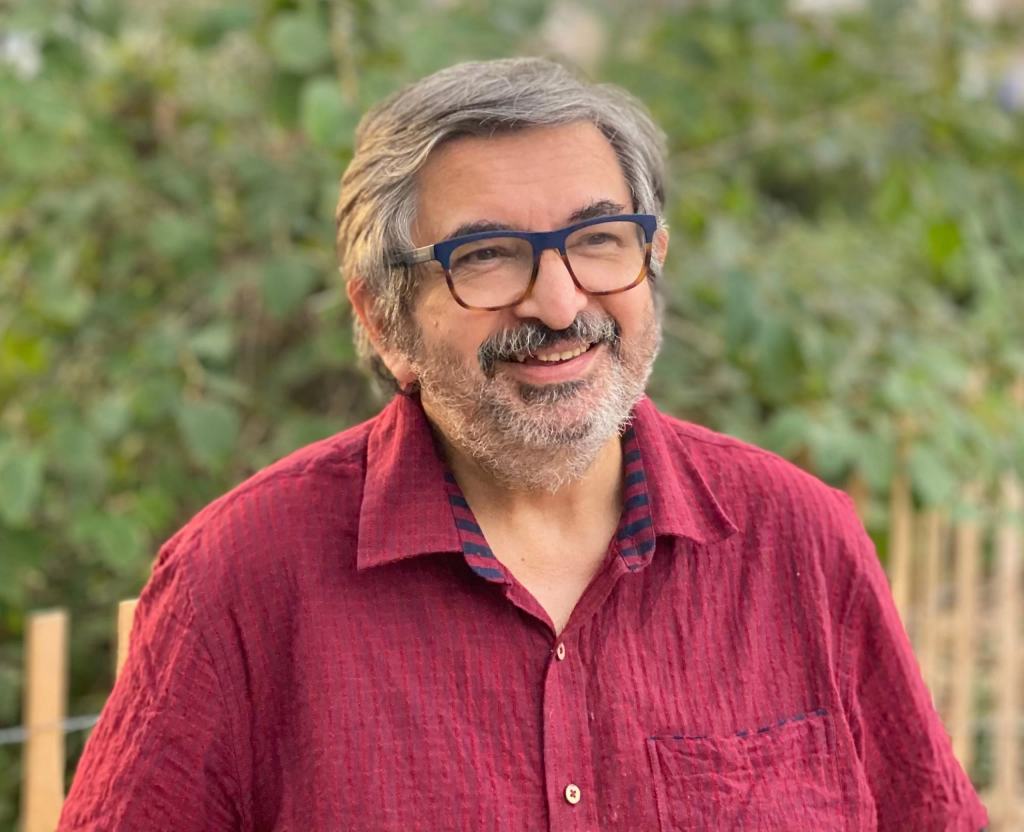
“We only have to look at closed societies from our past and present to know what life is like without press freedom. That some leaders and many people continue to believe in controlling the press – through laws, oligarchs, governments, and intimidation – shows what they are afraid of, and it shows why publications like Index on Censorship continue to matter.”
UGANDA
Danson Kahyana, contributing editor at Index on Censorship
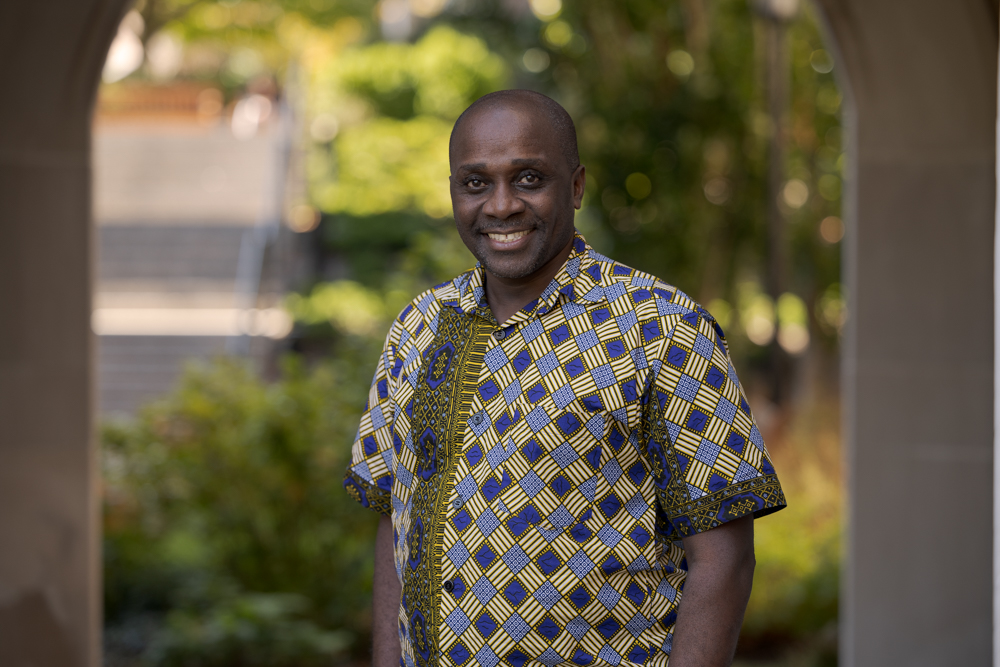
“Press freedom is the foundation of democracy – the press should be able to report on any matter of public importance without fear or favour. The moment press freedom is threatened, expect democracy to rot and die from within because nobody will be able to say, ‘Look – the emperor is naked!’ So nakedness (corruption, impunity, heavy-handedness, tyranny, etc.) will go unreported, thereby weakening institutions into comatose. In Uganda, we have seen this happen: The emperor called General Yoweri Museveni has gotten worse every year that passes. The more power he amasses by weakening institutions like the parliament and the judiciary the more naked he gets. It is because Ugandans have reported on his myriad abuses of power that the world has come to know that all along, he was a tyrant in democracy’s skin.
Because authoritarian regimes wield immense resources to punish critics as a means of stifling dissent, we need organisations like Index on Censorship to shine a light on tyrants’ assaults on freedom. Like witches and wizards, tyrants do their evil work in the safety of the dark. Index and other organisations like it remind the tyrants that someone is watching them, and that sooner than later, they will be held accountable for their misdeeds. In other words, Index and other organisations like it provide an archive of the tyrants’ atrocities that will be used against them in the courts of law. What is happening to former Philippines President Rodrigo Duterte is a good example – the reports against him caught up with him. Besides, by providing constant companionship and solidarity to journalists, Index and other organisations like it embolden the defenders of good governance and human rights in their castigation of impunity.”
BELARUS
Jana Paliashchuk, researcher

“While press freedom is a basic right in many countries, for millions of Belarusians it’s been denied for three decades under Aliaksandr Lukashenka’s dictatorship. Speaking out against repression often leads to prison – and journalists are hit hardest.
Today, 40 media workers are behind bars in Belarus for simply doing their jobs. Journalists like RFE/RL’s Ihar Losik and Belsat TV’s Katsiaryna Andreyeva. are serving harsh sentences and enduring torture behind bars. Other journalists were forced into exile, continuing their work from abroad, while Belarusians inside the country risk punishment just for reading independent news.
This may sound grim, but it’s the reality in Belarus, a European country. That’s why defending press freedom matters. It may seem like a solid foundation of society, but it’s as fragile as glass.”

